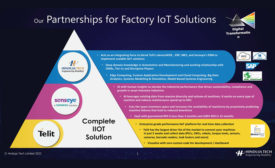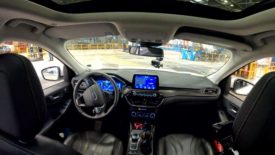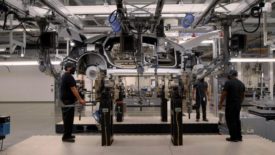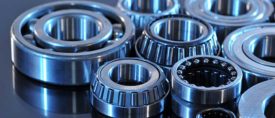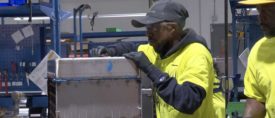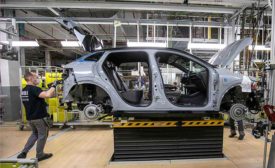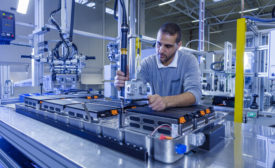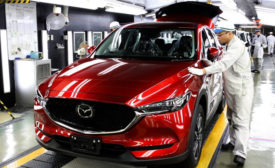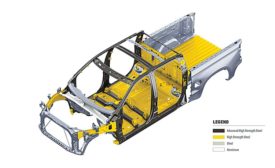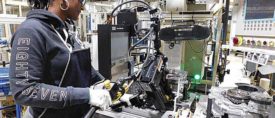Automotive Assembly
Manufacturing Software
A three-tiered approach is needed to connect, collect and analyze production data.
Read More
Vision System Inspects Bearing Assemblies
High-speed cameras met cycle time requirement of less than one second.
April 12, 2023
Flexible Automation Boosts Battery Production
Standardized, software-driven assembly cells enable start-up to manufacture batteries domestically.
April 6, 2023
Never miss the latest news and trends driving the manufacturing industry
Stay in the know on the latest assembly trends.
JOIN TODAY!Copyright ©2024. All Rights Reserved BNP Media.
Design, CMS, Hosting & Web Development :: ePublishing
